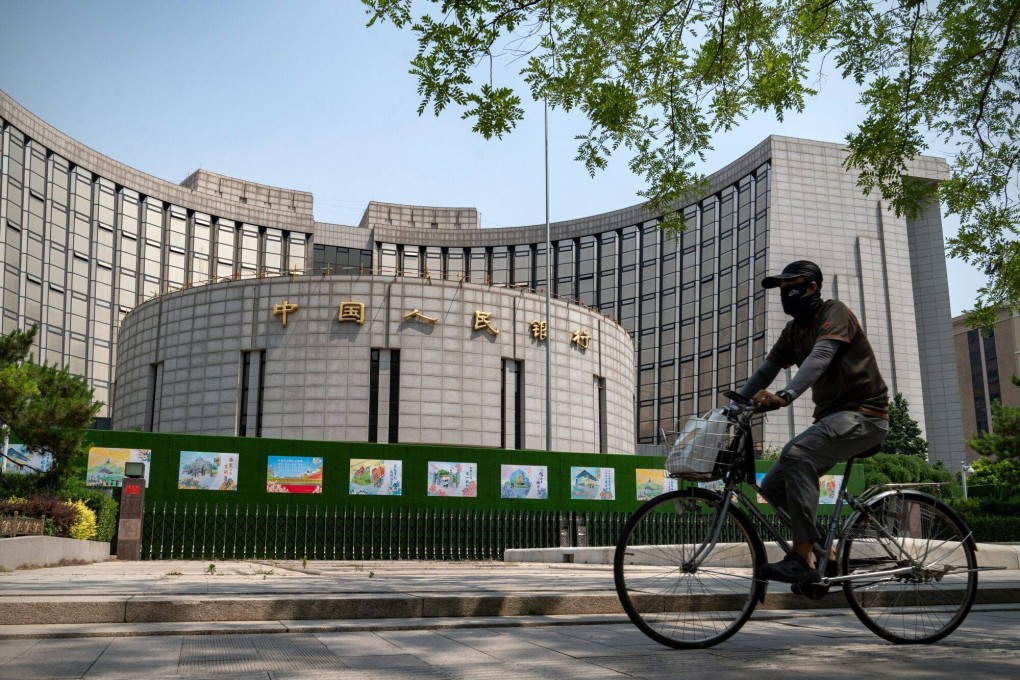Opinion | Why central banks must quickly but conscientiously reckon with AI
- While artificial intelligence offers benefits to global finance, challenges such as cybersecurity and data biases must be confronted

One clue to the enormity of AI’s impact comes from the McKinsey Global Institute, which estimates that the technology could add as much as US$340 billion in value annually to the global banking sector, or 4.7 per cent of total industry revenues, largely through increased productivity. Already, 70 per cent of financial services firms surveyed worldwide use AI to enhance cash-flow predictions and improve liquidity management.
Futurist Ray Kurzweil predicts that by the time a child born today is in kindergarten, AI “will probably have surpassed humans at all cognitive tasks, from science to creativity”. According to the BIS, these capabilities “can be harnessed by central banks in pursuit of their policy objectives, potentially transforming key areas of their operations”.
Yet, the uncharted path ahead will be enormously challenging for central banks, with multiple risks such as inflation, the BIS report warns.
AI can give banks better tools to foresee risks with greater precision and discern undercurrents that could precipitate a recession. They can be better financial detectives in spotting fraud, finding the needle in the haystack. Bank operations, such as adjusting the money supply by buying or selling securities in the open market, might be more efficient.
